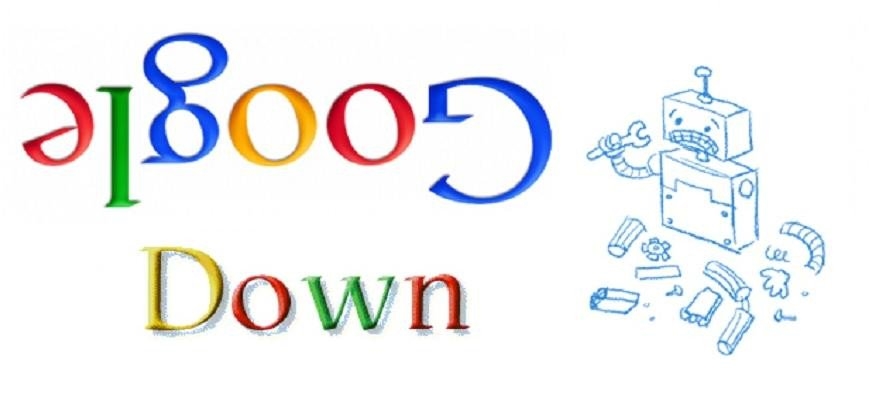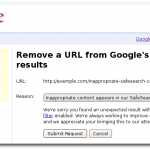Gmail Meltdown: What Actually Happened On Tuesday Night?
Gmail Meltdown: What Actually Happened On Tuesday Night?
by Ray Schultz , Columnist, September 14, 2017
Marketers are so focused on cybersecurity that they may be ignoring another technological threat: Massive email system outages.
For instance, Gmail and other Google services suffered a worldwide crash on Tuesday night September 12, 2017. It affected users in Japan, the UK, France, central Europe and North America, media reports state.
According to Google’s G Suite Status Dashboard, there was a disruption in Google Drive on Monday. On Tuesday, this was followed by lapses in Gmail, Google Calendar, Google Drive, Google Docs and Google Sheets.

According to outside reports, YouTube and Google Maps were also affected.
Google promptly said it was working on the problem. “We apologize for the inconvenience and thank you for your patience and continued support,” the company said. “Please rest assured that system reliability is a top priority at Google, and we are making continuous improvements to make our systems better.”
This global malfunction occurred just as the high-tech event of the season was about to unfold — Apple’s iPhone tenth anniversary launch, reporters noted.
What is still unclear is what caused the shutoff. There is a chance that it could be cyber terrorism. The New Web reports that Amazon Web Services and GitHub have also experienced problems.
Given Gmail’s status as the most popular email service, this is a potential disaster for marketers.
Imagine that you have an email campaign in progress — one based on proven offers and targeting. Response lags, and you fall way short of your revenue goals.
Are your emails ending up in spam folders? No — it may be that millions of email users can’t access their services.
As far as we know, Gmail users were prevented from sending messages. But it’s not clear — some reports state that they couldn’t get into their accounts at all.
Once again, it proves that our vast global infrastructure is frightfully vulnerable. And the scariest thing is that while you can protect yourself against cyber crime, this problem is out of your control.
MediaPost.com: Search Marketing Daily
(34)












